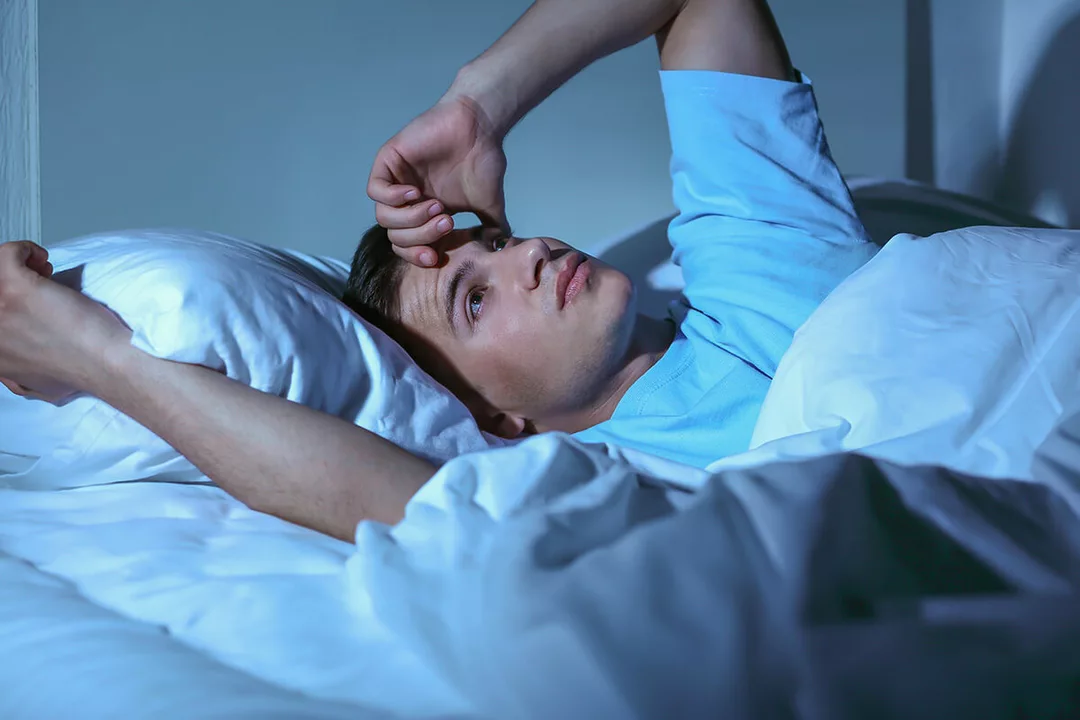Sleep quality: simple, practical ways to sleep better tonight
Can’t fall asleep or wake up tired? Small changes often make the biggest difference. This guide gives clear, usable steps you can try right away — routine fixes, bedroom tweaks, and what to watch when medications affect sleep.
Set a steady schedule. Go to bed and wake up at the same time every day, even on weekends. Your body’s internal clock learns habits, so a consistent window that allows 7–9 hours helps you fall asleep faster and sleep deeper. If you struggle, move bedtime 15 minutes earlier over several nights until it feels natural.
Manage light and screens. Morning sunlight helps reset your circadian rhythm, so get 10–20 minutes of daylight soon after waking. In the evening, dim lights and cut screens at least an hour before bed. If you must use devices, use blue-light filters and lower brightness.
Quick bedtime checklist
Keep your bedroom cool, dark, and quiet. Use blackout curtains or an eye mask, and try earplugs or a white-noise machine if noise wakes you. Choose a mattress and pillow that support your spine. Avoid heavy meals, caffeine after early afternoon, and alcohol close to bedtime — alcohol fragments deep sleep even if it helps you nod off.
Limit naps to 20–30 minutes and avoid late afternoon naps. Short naps can refresh you without wrecking nighttime sleep. Build a 20–30 minute wind-down routine: dim lights, read from paper, do gentle stretches, or practice simple breathing like slow 4–6 breaths per minute. A warm shower or light stretching can drop core temperature and signal your body it’s time to rest.
Medications and sleep: what to watch
Many drugs change sleep. Some antihistamines and older antidepressants cause drowsiness; stimulants and some ADHD meds can make falling asleep hard. Pain meds, blood pressure drugs, and supplements also affect sleep patterns. If you notice new sleep problems after starting or changing a medication, note timing and talk with your clinician. They can adjust dose timing, change drugs, or suggest safer alternatives.
Be careful buying meds online — use reputable pharmacies and keep your prescriber informed. Over-the-counter sleep aids and herbal products sometimes help short term but can have side effects and interactions. Discuss these options with your doctor, especially if you take other prescriptions.
See a doctor if poor sleep lasts weeks, you fall asleep during daily activities, or you snore loudly with gasps or choking. Those signs suggest sleep apnea or other conditions that need testing and a treatment plan. Restless legs, severe daytime sleepiness, or long-term insomnia also deserve medical attention.
Better sleep often starts with routine and simple environmental fixes. Try one or two changes for a week — keep what works and drop what doesn’t. If you still struggle, reach out to a clinician for targeted help. Good sleep is possible with practical steps and the right support.

Porphyria and Sleep: How to Improve Your Sleep Quality
I recently delved into the connection between Porphyria and sleep, and found that people with this condition often struggle with sleep quality. It's essential to understand how this disorder can impact our rest, as it affects the production of heme, a vital component of hemoglobin. To improve sleep quality, it's crucial to maintain a consistent sleep schedule, create a relaxing bedtime routine, and ensure a comfortable sleep environment. Additionally, managing stress and seeking professional guidance can further help in achieving better sleep for those living with Porphyria. I hope sharing this knowledge will assist those affected in getting the restorative sleep they need.
May 6 2023